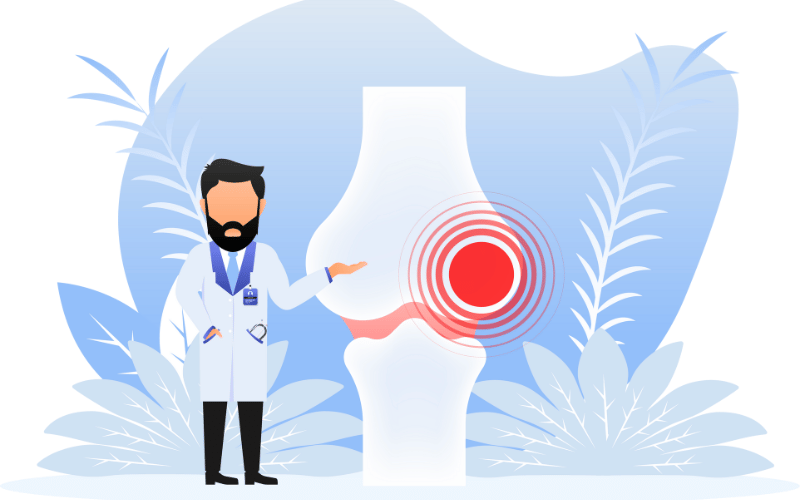10. Muscle Weakness and Joint Pain: Iodine Deficiency’s Deceptive Discomfort

Muscle weakness and joint pain are not usually linked with iodine deficiency, especially in children. However, these symptoms can manifest when there’s an insufficient amount of iodine in the body, making them part of this elusive condition’s symptom list.
Iodine plays a critical role in the creation of thyroid hormones, essential regulators of metabolism and growth. These hormones influence muscle and joint health directly and indirectly. An iodine shortfall can disrupt their production, leading to muscle weakness or joint pain.
However, these symptoms might be difficult to recognize in children. They might appear as decreased physical activity, difficulty in participating in sports, or more frequent complaints of tiredness. Children might also complain about aches and pains, which could be mistaken for regular growing pains or overexertion.
It’s crucial to understand that muscle weakness and joint pain can be influenced by many factors, including physical activity, injuries, and even posture. Thus, these symptoms alone might not point to iodine deficiency. But when paired with other signs on this list, it might hint at a possible iodine deficit.
Spotting muscle weakness and joint pain as potential signs of iodine deficiency is important. It can allow for an early intervention, possibly preventing further discomfort or functional impairment. It also reminds us that nutrition plays a significant role in musculoskeletal health, beyond just bone strength and growth. (10)